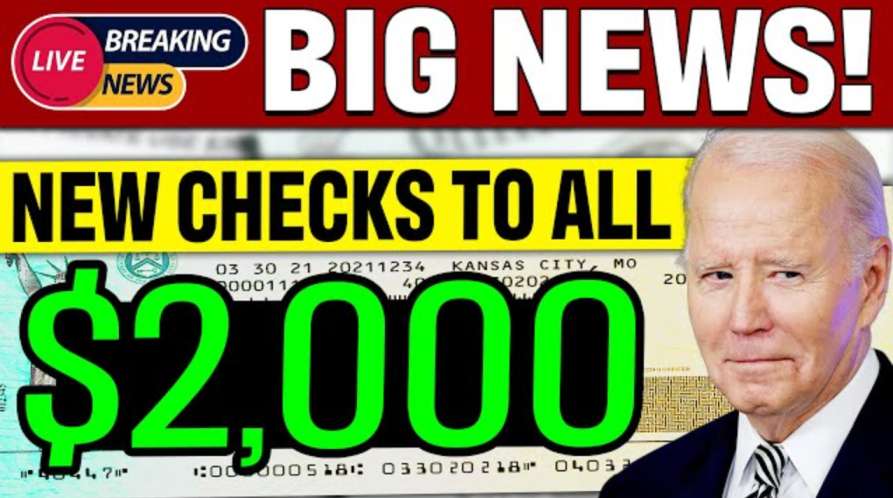In recent times, the digital sphere has been abuzz with discussions regarding a purported new wave of stimulus checks being dispatched to residents across ten states in the United States. This narrative has particularly gained traction on platforms like Facebook, where posts allege that states such as Alabama, Arizona, Florida, Georgia, Maryland, Michigan, New York, Tennessee, Texas, and Virginia are the beneficiaries of these Economic Impact Payments (EIPs). These payments, as per the circulating rumors, are seen as a continuation of the federal government’s efforts to invigorate spending in the wake of the economic downturn triggered by the COVID-19 pandemic.
To provide a backdrop, it’s essential to note that the U.S. government has previously rolled out three rounds of stimulus payments to American citizens. The initial round, under the CARES Act in March 2020, saw $1,200 disbursed to each tax filer, with an additional $500 for every child. The subsequent round in December 2020, as part of the Consolidated Appropriations Act, 2021, offered $600 per tax filer and $600 per child. The third installment, facilitated by the American Rescue Plan Act in March 2021, increased the amount to $1,400 for both tax filers and children.
The current speculation suggests a fourth round of stimulus payments, purportedly exceeding $3,000, slated for distribution on November 29, 2023. These rumors hint at an automatic deposit for individuals whose account details are already with the IRS, with others expected to receive their payments via mail. However, this narrative starkly contrasts with the official position of the Internal Revenue Service (IRS), which has clarified that all three rounds of EIPs have been completely issued. For those who might have missed these payments, the IRS has provided an option to claim the Recovery Rebate Credit on their tax returns, with deadlines on May 17, 2024, and April 15, 2025, for the 2020 and 2021 credits, respectively. This process is not automatic and necessitates filing a tax return.
Despite the viral nature of these claims and the online petitions advocating for a fourth round of $2,000 stimulus checks, there has been a noticeable deceleration in their momentum. It’s worth noting that while some of the states mentioned are indeed issuing checks, these are attributed to separate tax benefit plans and are not universally applicable or automatic. For instance, Alabama is allocating $150 for single tax filers and $300 for joint filers from a surplus in the Education Trust Fund, aimed at mitigating grocery taxes. Virginia is offering refunds up to $400 for those with a tax liability in 2022, and Michigan’s tax credit varies based on income, filing status, among other factors.
In essence, the widespread belief in the issuance of new federal stimulus checks is unfounded. While certain states are extending financial benefits, these initiatives are distinct from the federal stimulus packages and come with specific eligibility criteria. The IRS underscores the importance for eligible individuals to file tax returns to claim any overlooked stimulus payments, effectively debunking the notion of an automatic distribution of these funds. This scenario underscores the critical need for accurate information and the potential for misinformation to spread rapidly across social media platforms, highlighting the importance of verifying facts with official sources before dissemination.












Leave a Reply